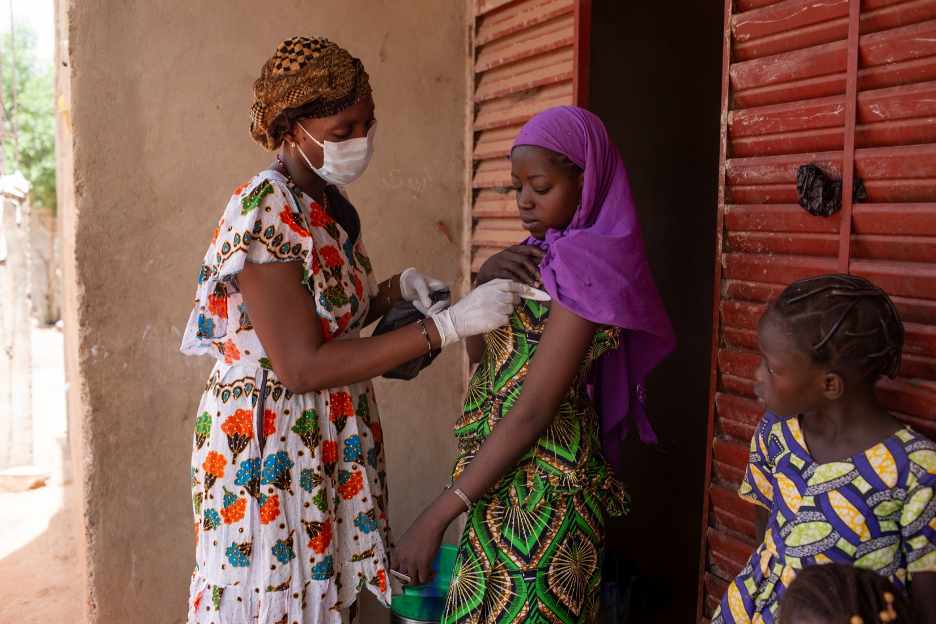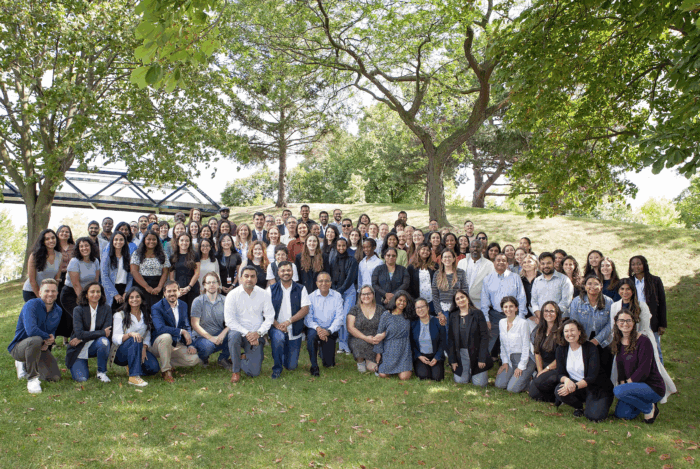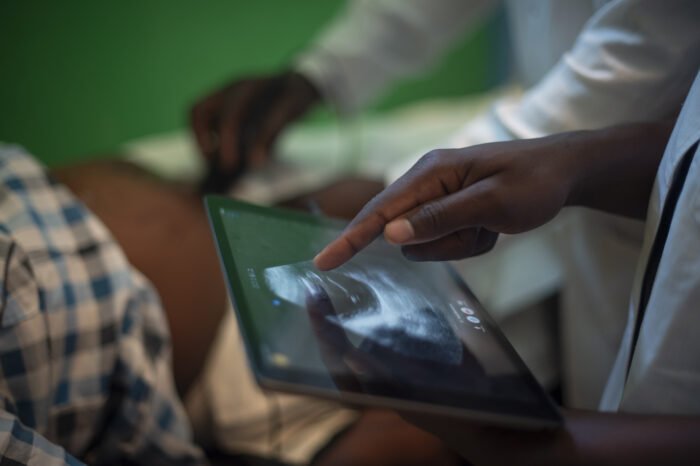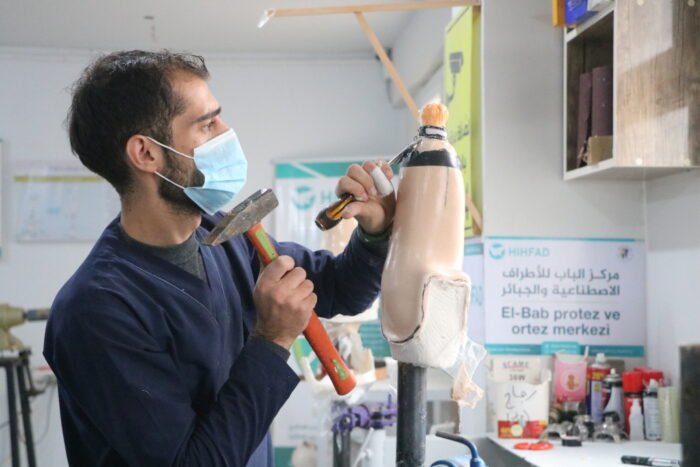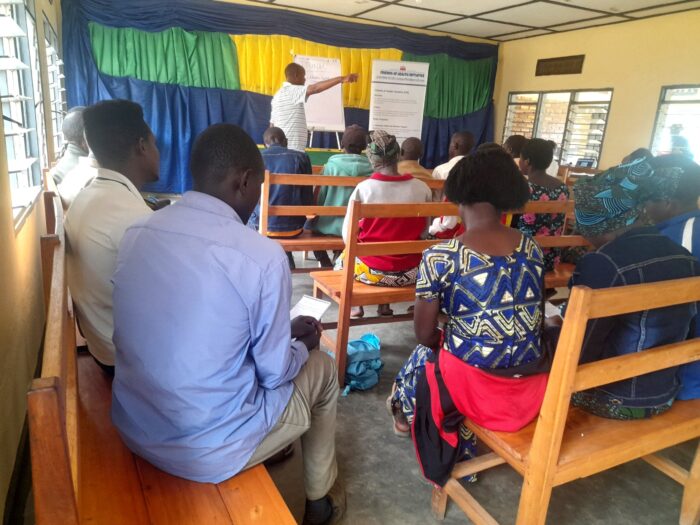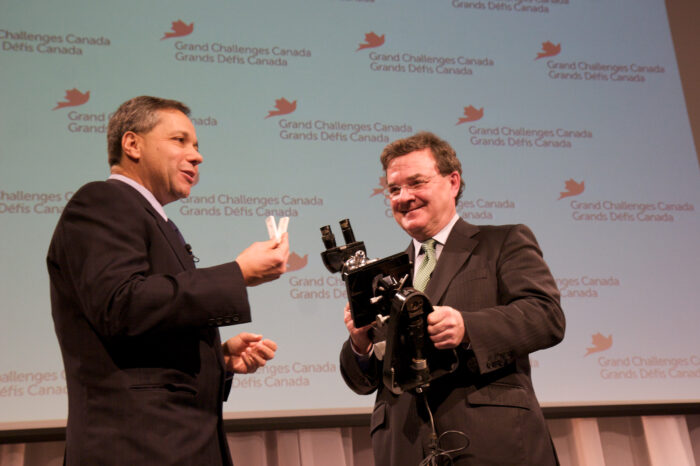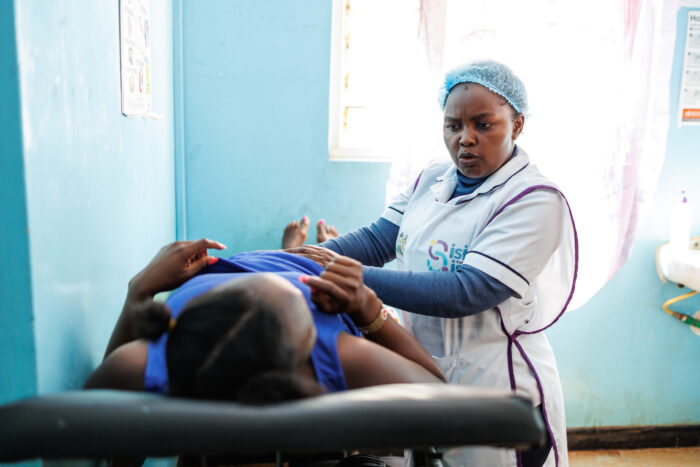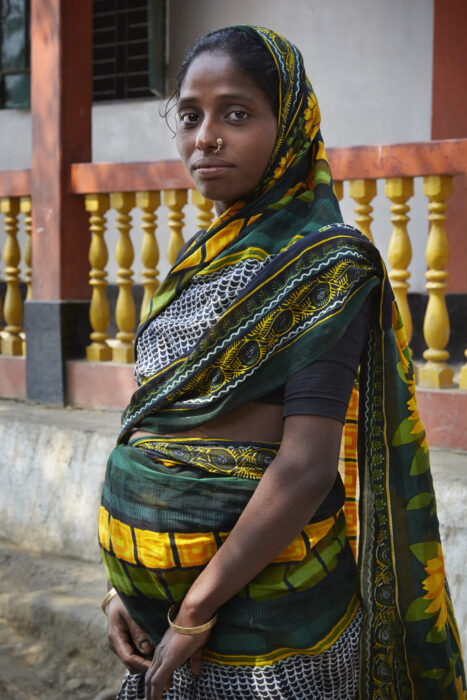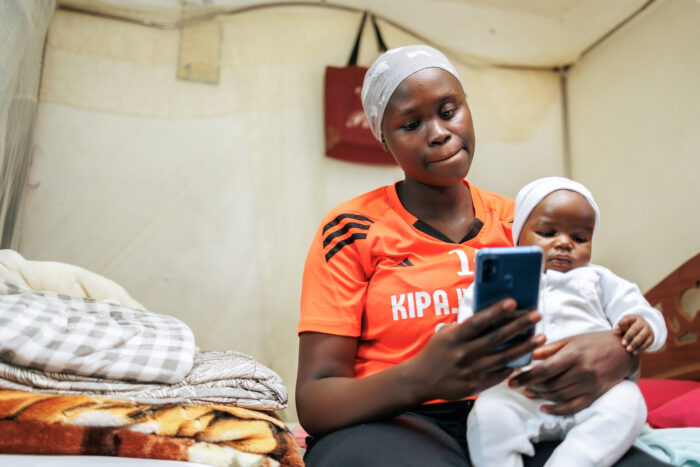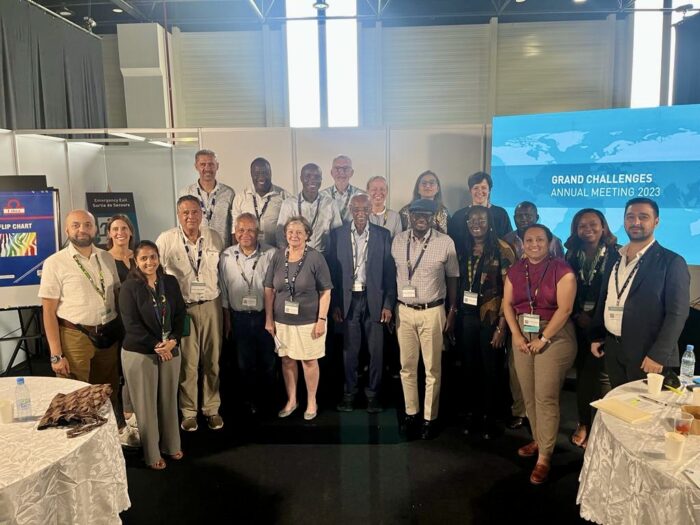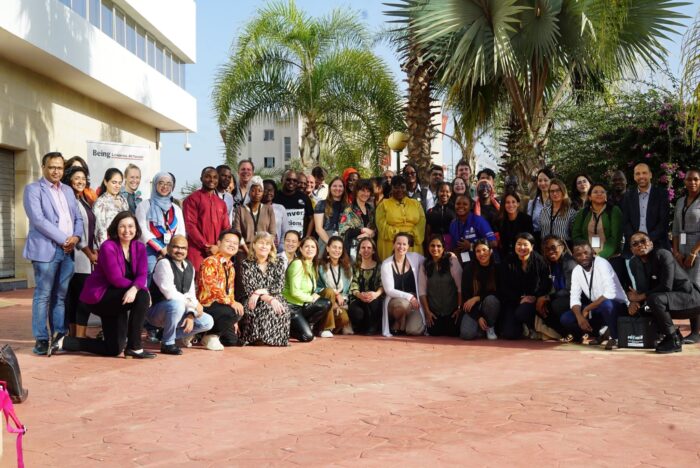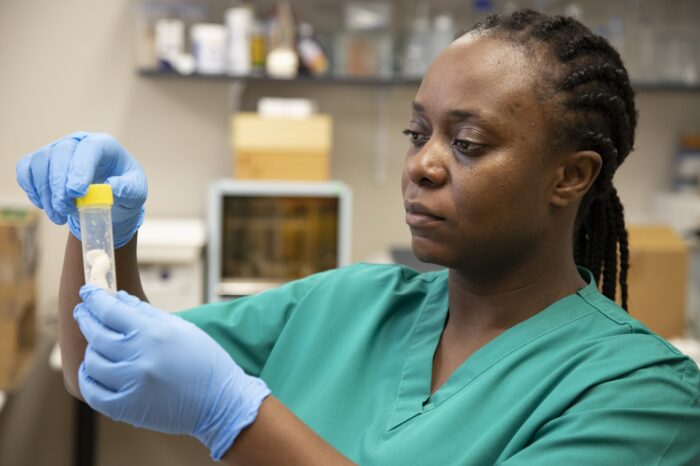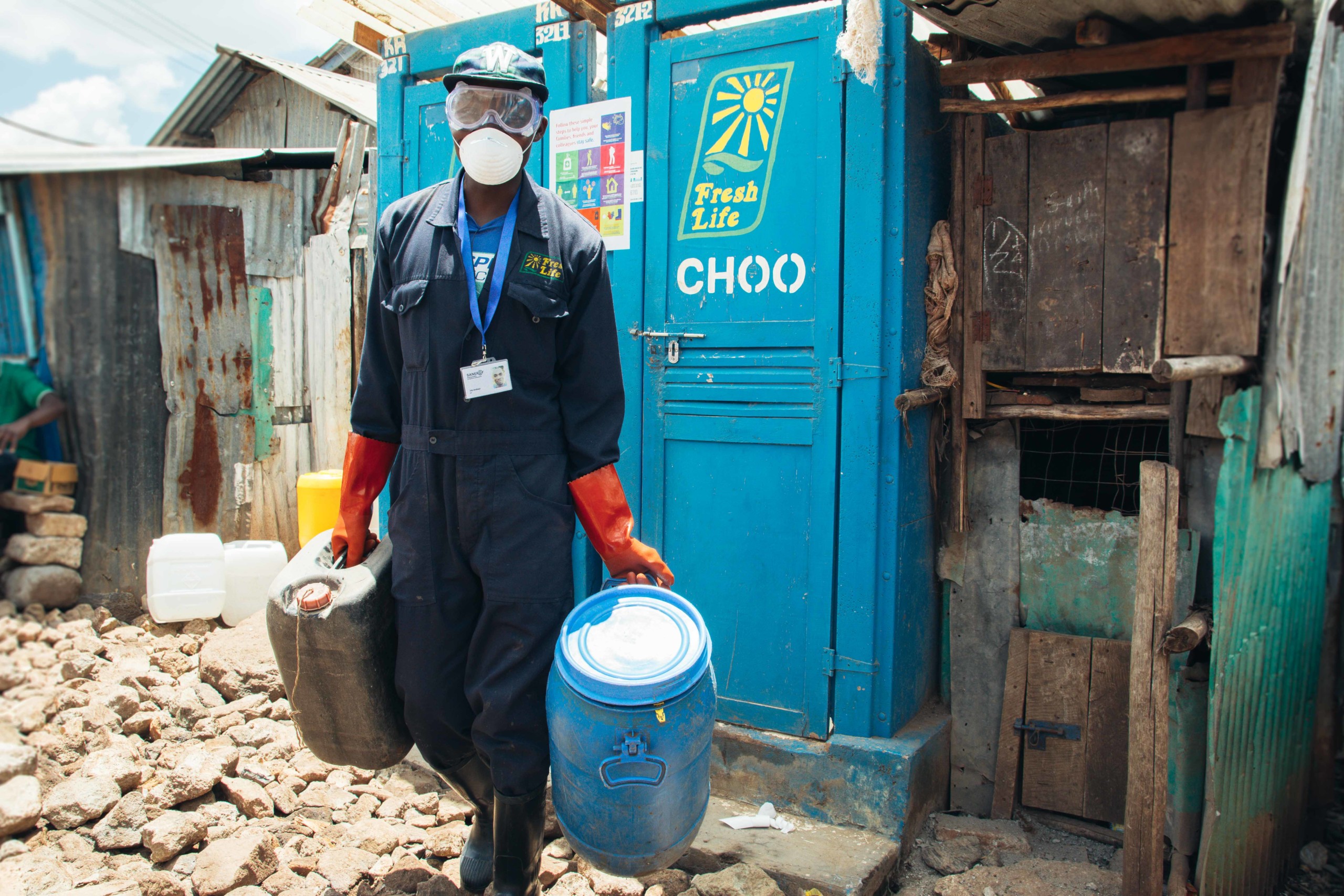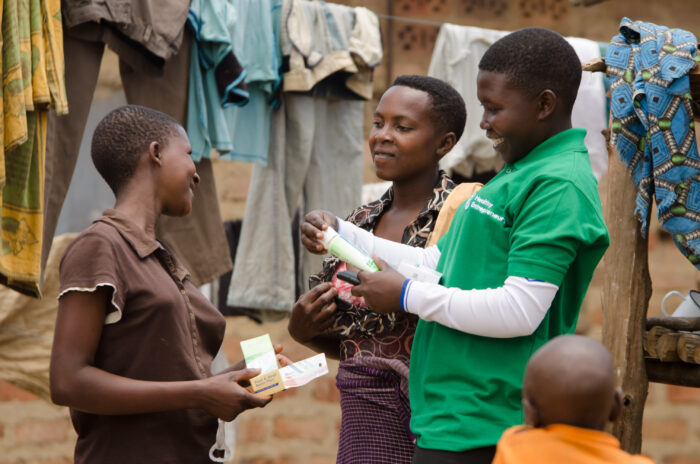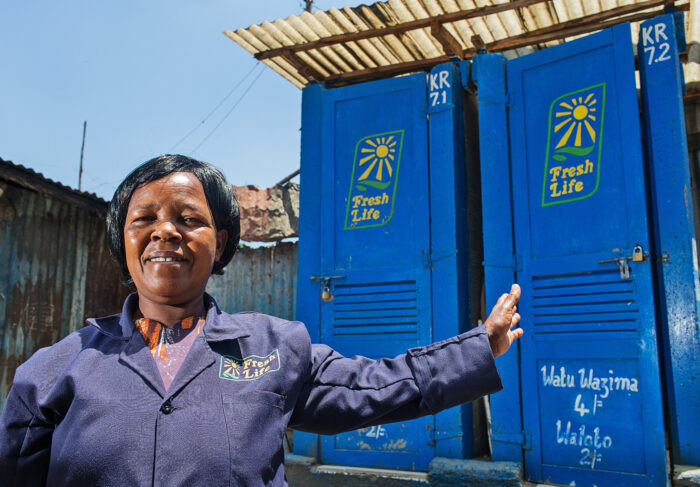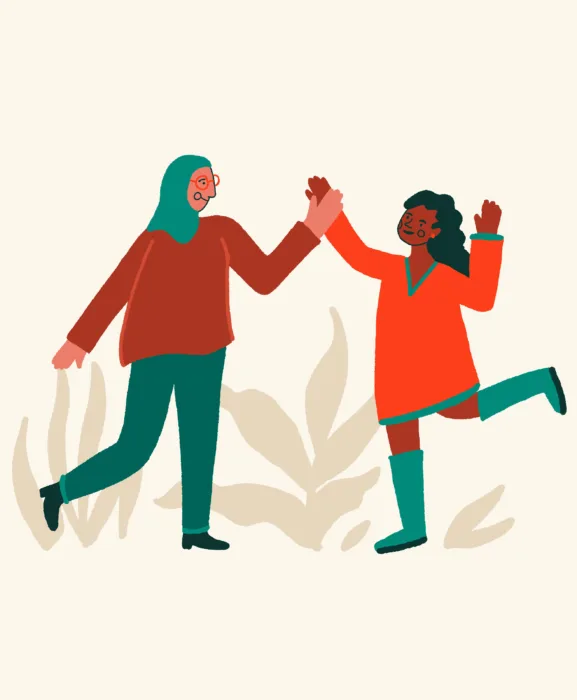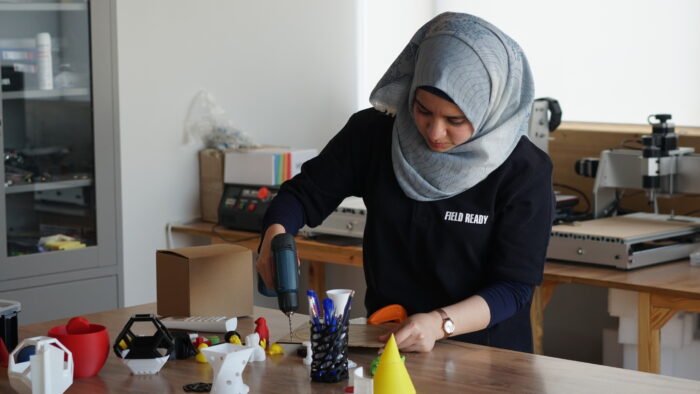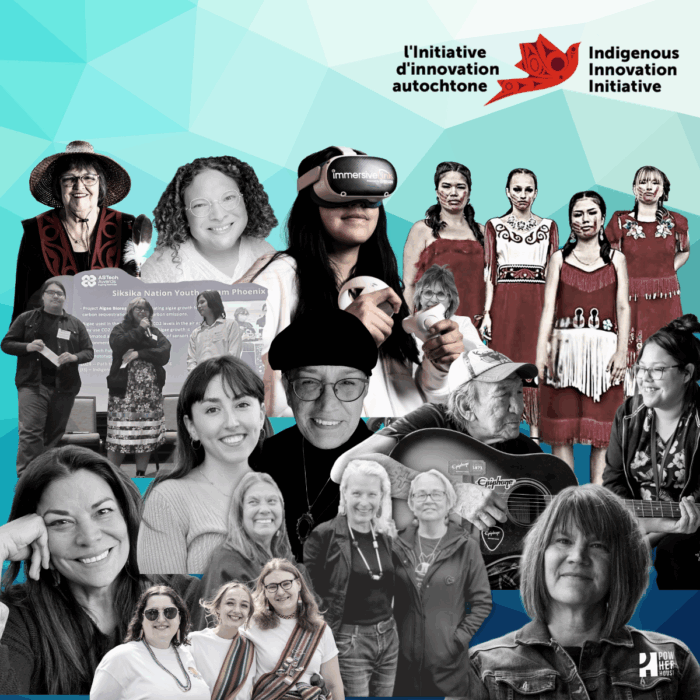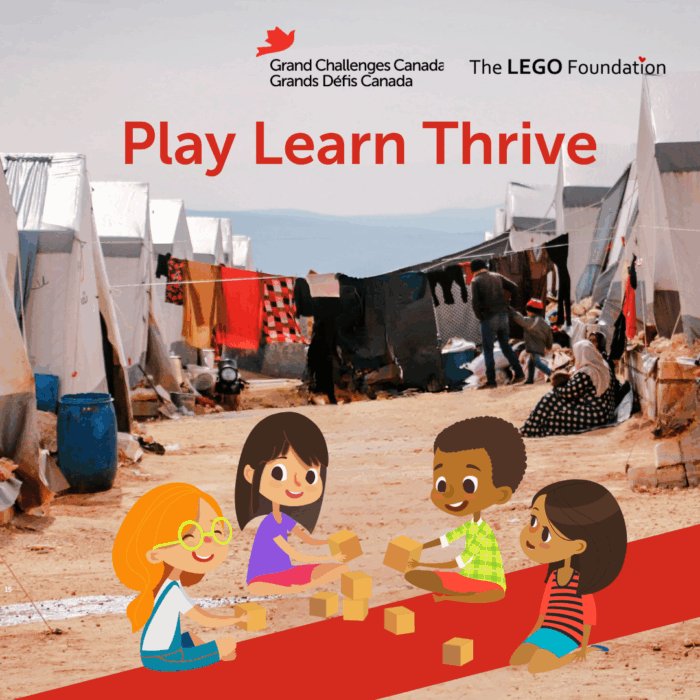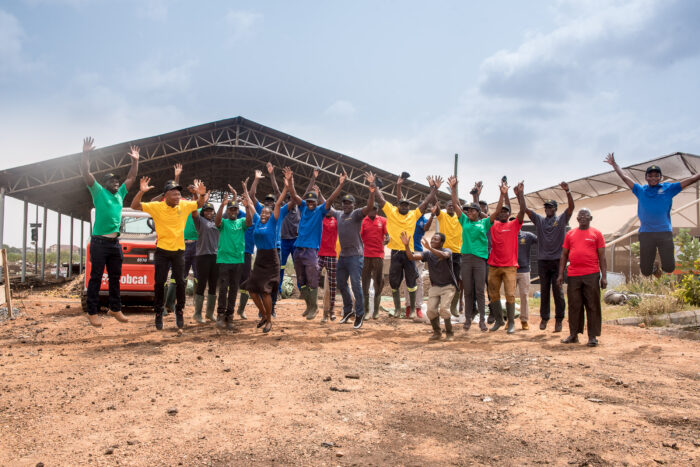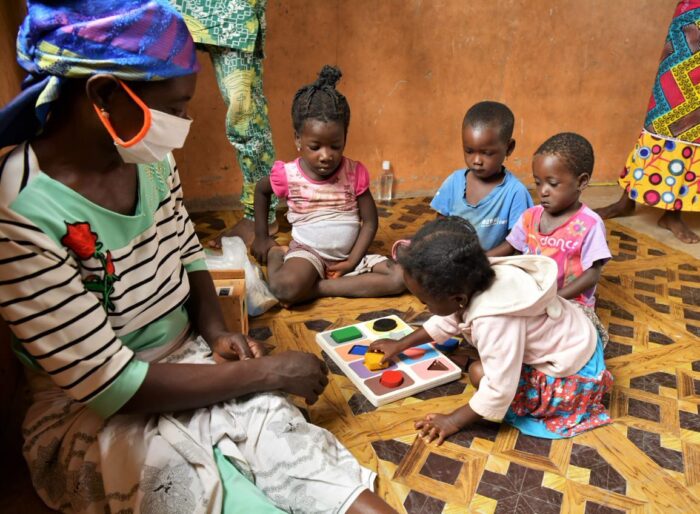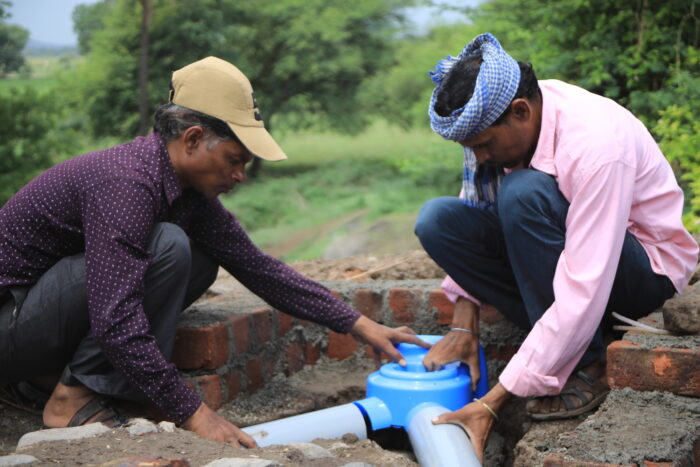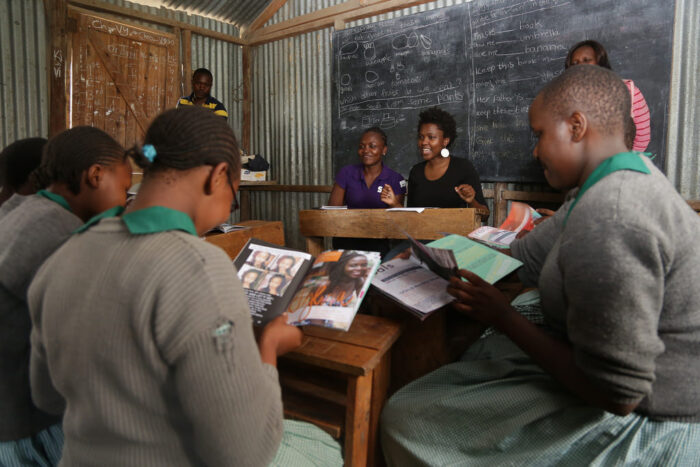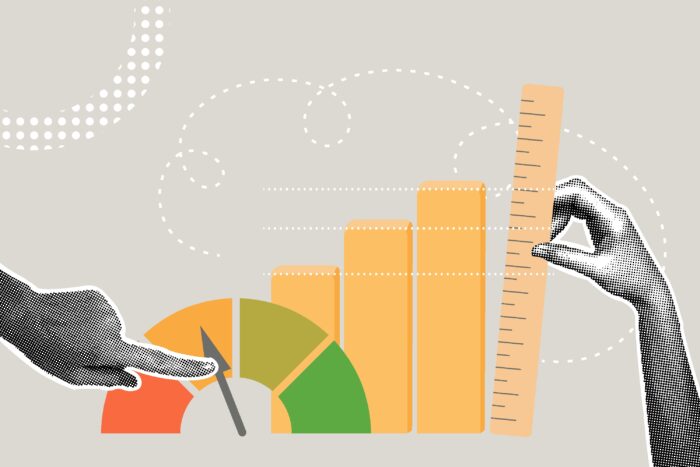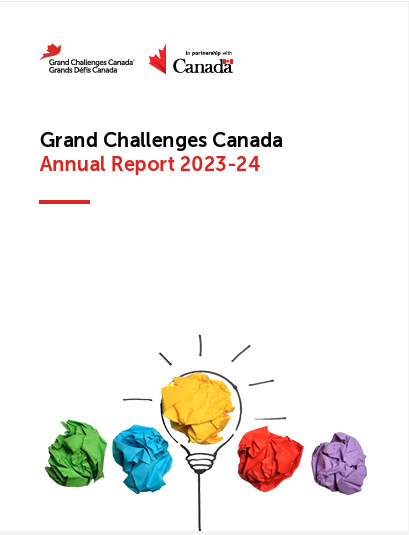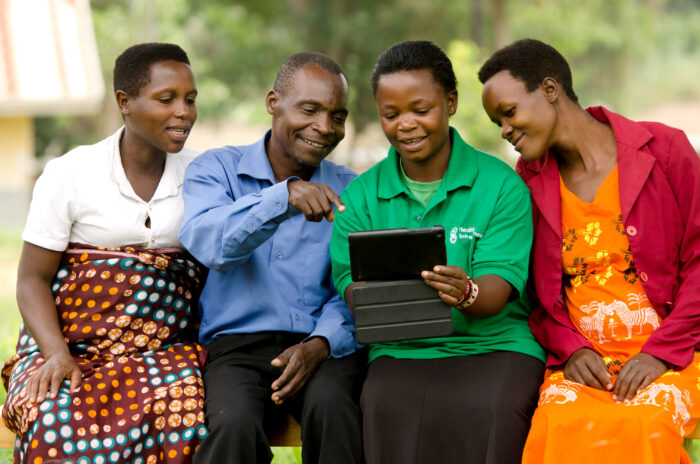Our focus
Community health workers are often the first—and sometimes only—source of care in underserved and remote communities. There are an estimated over 4 million community health workers globally, according to the World Health Organization. Despite their critical role, many operate informally, with limited pay, training, and professional recognition. We see an opportunity to change that.
Our approach focuses on formalizing and integrating community health workers into national health systems. We support innovative models that aim to professionalize this vital workforce by ensuring community health workers are salaried, skilled, supervised, and supplied—and positioned as trusted, capable providers of promotive and preventive primary care.
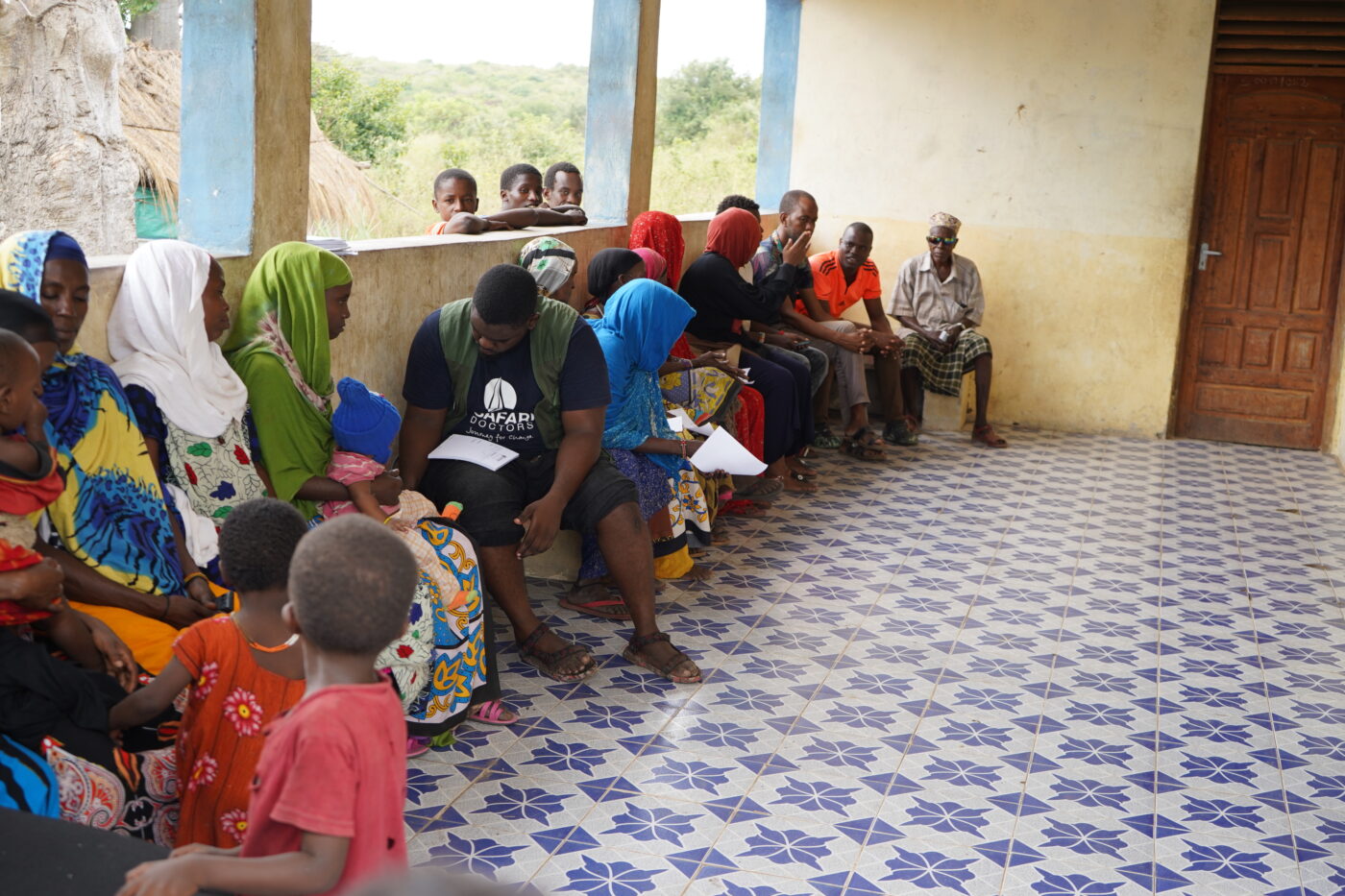
Our focus
As a cross cutting thematic area, community health worker models play a vital role across our portfolios—they support safe pregnancies and early childhood development, promote access to contraception and mental health care, deliver hygiene education, and use digital tools to strengthen care. From maternal health to sanitation, they extend essential services to where they’re needed most. We support programs that:
- Promote professionalization, ensuring workers are salaried, skilled, supervised, and supplied.
- Generate evidence and policy influence to embed their roles into government health structures.
- Expand their scope of care to include maternal, newborn, mental, and sexual and reproductive health.
- Strengthen supervision, supply chains, and financial sustainability for long-term impact.
- Integrate them into comprehensive community models that go beyond health
By investing in models with evidence of impact and potential for scale, we’re helping countries deliver on their commitments to universal health coverage—by reaching people where they live, with trusted care that lasts.
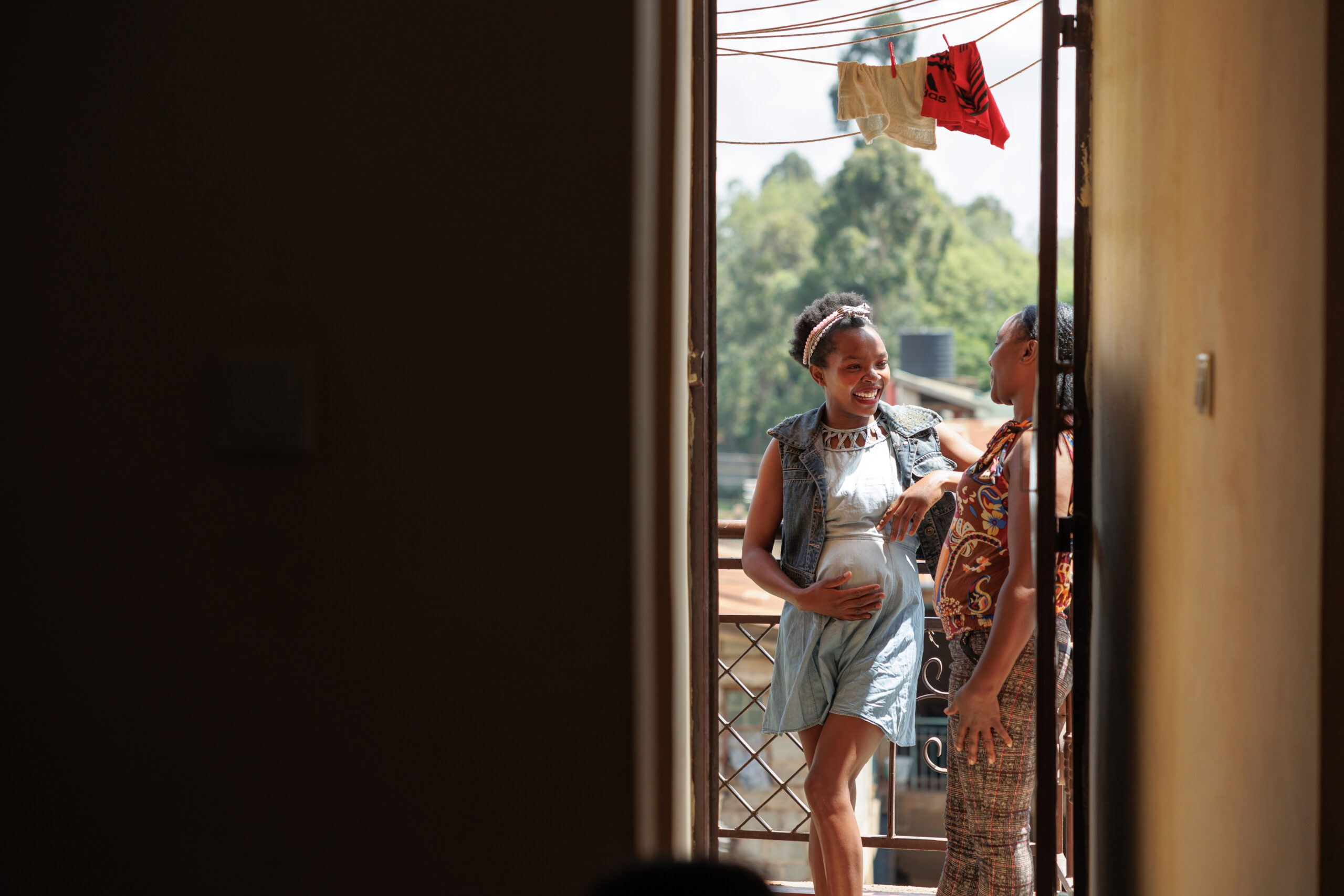
Spotlight: Muso
Bringing urgent, life-saving care to families—faster
In parts of Mali where health systems are already under strain, conflict has made it even harder for families to access timely care. Muso is changing that by training and supporting salaried community health workers to go door-to-door, find patients early, provide basic treatment, and help them get to clinics when needed.
This proactive, community-based model is delivering powerful results. A study published in the WHO Bulletin found that child deaths dropped by more than two-thirds in areas served by Muso. Children there were also ten times more likely to receive care within 24 hours of getting sick—when fast treatment matters most.With support from Grand Challenges Canada, Muso’s community health workers have conducted more than 3 million proactive home visits. working in areas where traditional health services are often out of reach. Their model shows what’s possible when professionalized community care is prioritized—even in the most challenging environments.
